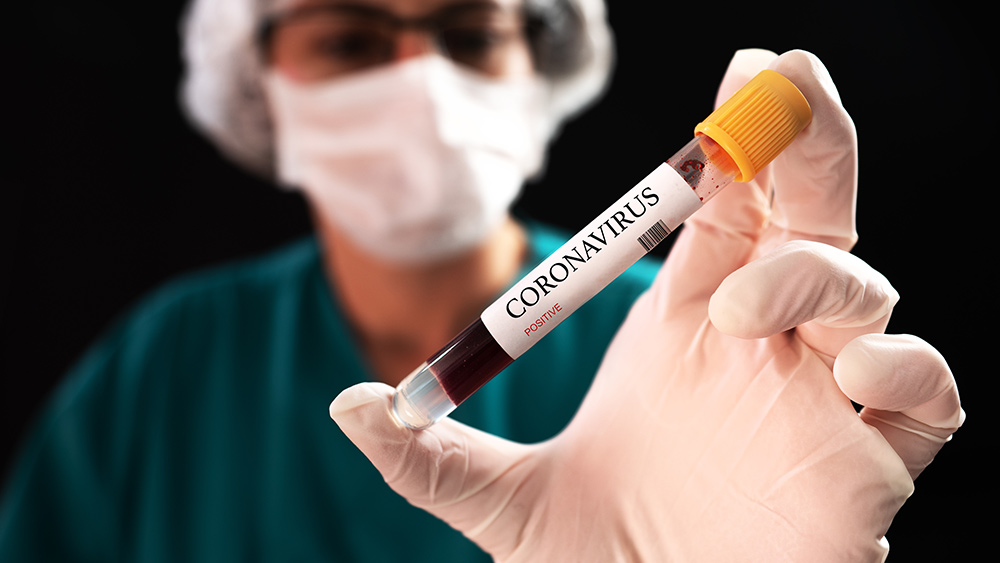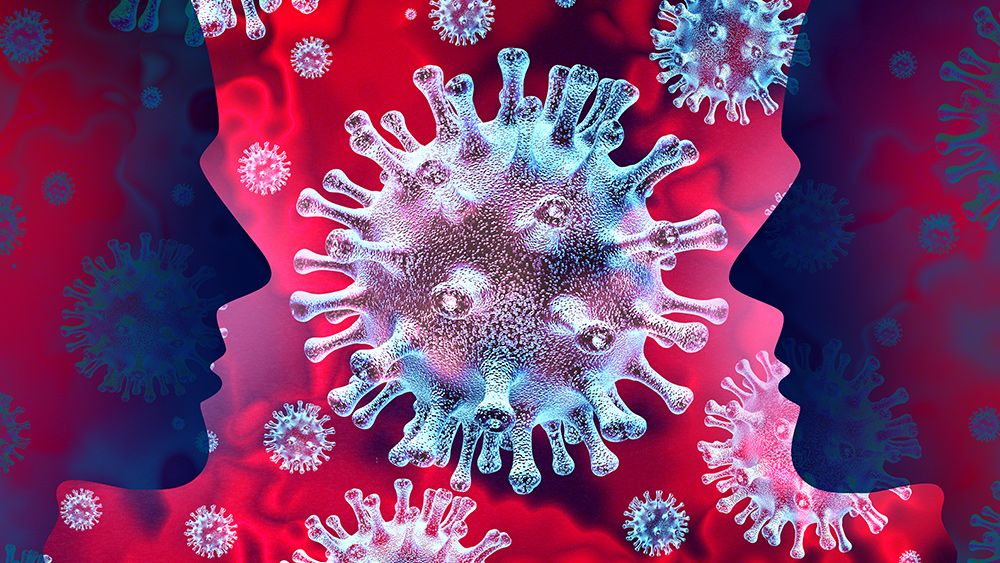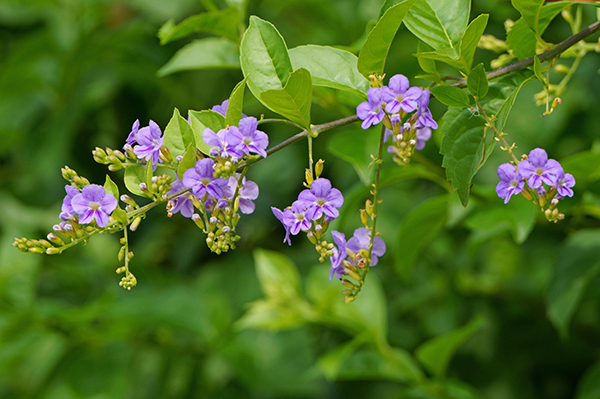A natural remedy for sleep problems: Can acupuncture help with insomnia?
02/07/2020 / By Grace Olson

Acupuncture has been practiced for thousands of years, and many scientific studies attest to its health benefits. Acupuncture is often used to treat chronic pain and nausea. But recent studies show that it can also be used to help people with insomnia.
How does acupuncture work?
Acupuncture is a traditional medicine and healing art that originated in China. It was developed around 100 B.C., and its methods and applications evolved over the centuries as its practice spread to other countries. Today, acupuncture is used as a complementary and alternative medicine (CAM) for many health problems, including insomnia and cancer. (Related: Acupuncture Beats Western Medicine for Treating Low Back Pain.)
The principles of acupuncture are based on the belief that a balanced flow of energy or qi is necessary for good health. When this flow is disrupted, it can cause a variety of ailments or diseases. Acupuncture restores balance and encourages healing by stimulating specific points under the skin to release blocked qi. While fine, sterilized needles are commonly used in acupuncture, other tools can also be used. In traditional ear acupuncture, for example, acupuncturists use magnetic pearls.
For decades, scientists have been trying to understand how acupuncture works. Some have hypothesized that:
- Acupuncture works through neurohormonal pathways – Some scientists believe that acupuncture targets specific nerve cells in the body. These nerves, when stimulated, signal the brain to release neural hormones like beta-endorphins that increase a person’s pain threshold and induce relaxation.
- Acupuncture reduces pro-inflammatory markers – Some studies suggest that acupuncture can decrease the levels of pro-inflammatory molecules like tumor necrosis factor (TNF) and interleukin-1 beta (IL-1B) inside the body.
Although scientists have not yet determined how acupuncture truly works, people who have received acupuncture treatment have reported positive effects.
Can acupuncture improve sleep?
Researchers believe that the analgesic and calming effects of acupuncture can help people who are suffering from insomnia. By targeting specific points, acupuncture could potentially treat the energy imbalance that causes sleeping difficulty.
However, like many CAMs, there is a lack of standardized acupuncture treatments points for treating insomnia. This makes it more difficult for researchers to have a better understanding of how acupuncture works and how effective it is for treating insomnia.
This, however, did not stop researchers from investigating. A systematic review of previous studies found that acupuncture is an effective intervention for the relief of insomnia. Acupuncture therapy also works on insomnia caused by mental health problems like general anxiety and schizophrenia. A separate review even found evidence supporting the effectiveness of acupuncture in addressing sleep disorders related to schizophrenia.
In a review published in Hematology/Oncology Clinics of North America, researchers explained in detail the value of acupuncture in cancer care. While acupuncture doesn’t directly treat cancer, research shows that it can help alleviate the side effects of chemotherapy and the illness itself. These include nausea, vomiting and pain.
Although acupuncture’s health benefits are widely reported, scientists still emphasize the need for more controlled studies. A deeper understanding of how acupuncture works may help health professionals and researchers develop better treatments for insomnia. A deeper understanding of how acupuncture works may also help develop further interest in other CAMs, such as massages or herbal remedies.
You can learn more about alternative medicines for insomnia at ChineseMedicine.news.
Sources include:
Tagged Under: acupuncture, alternative medicine, anti-inflammatory, Chinese medicine, insomnia, natural cures, natural medicine, Naturopathy, pain relief, remedies, TCM
RECENT NEWS & ARTICLES
COPYRIGHT © 2017 NATUROPATHY NEWS



















